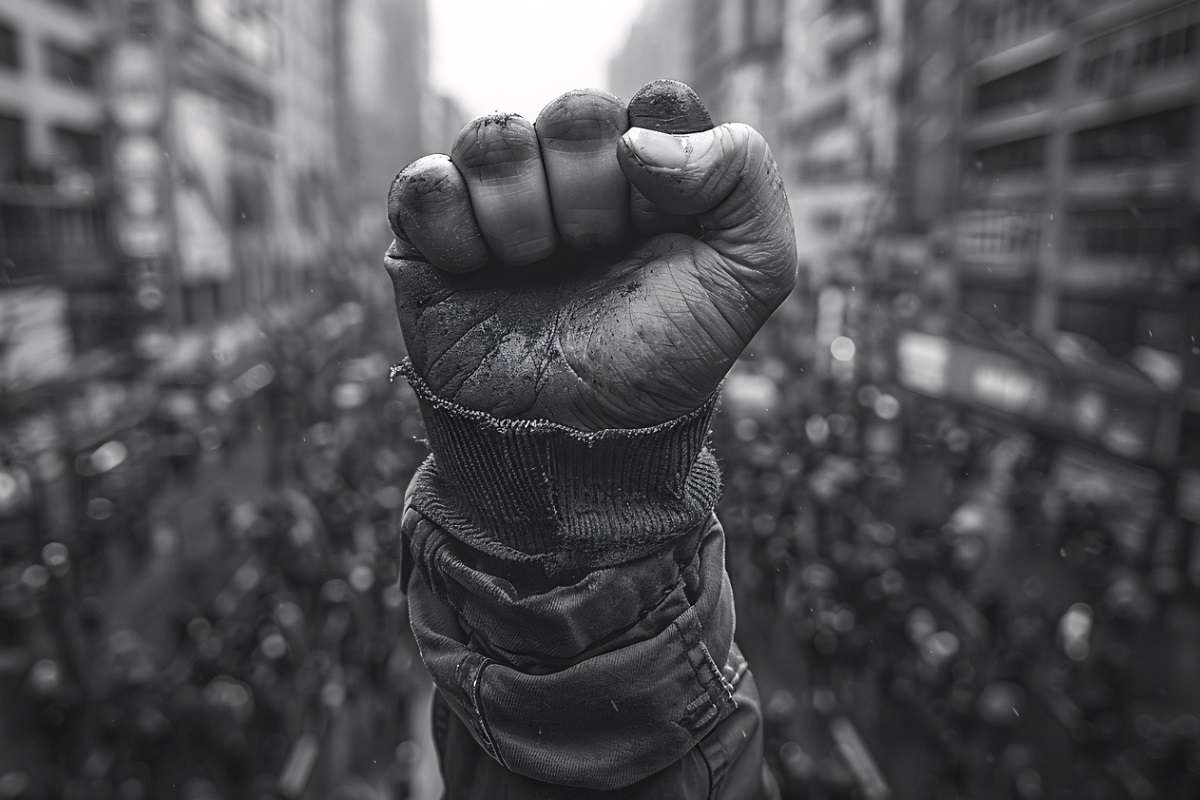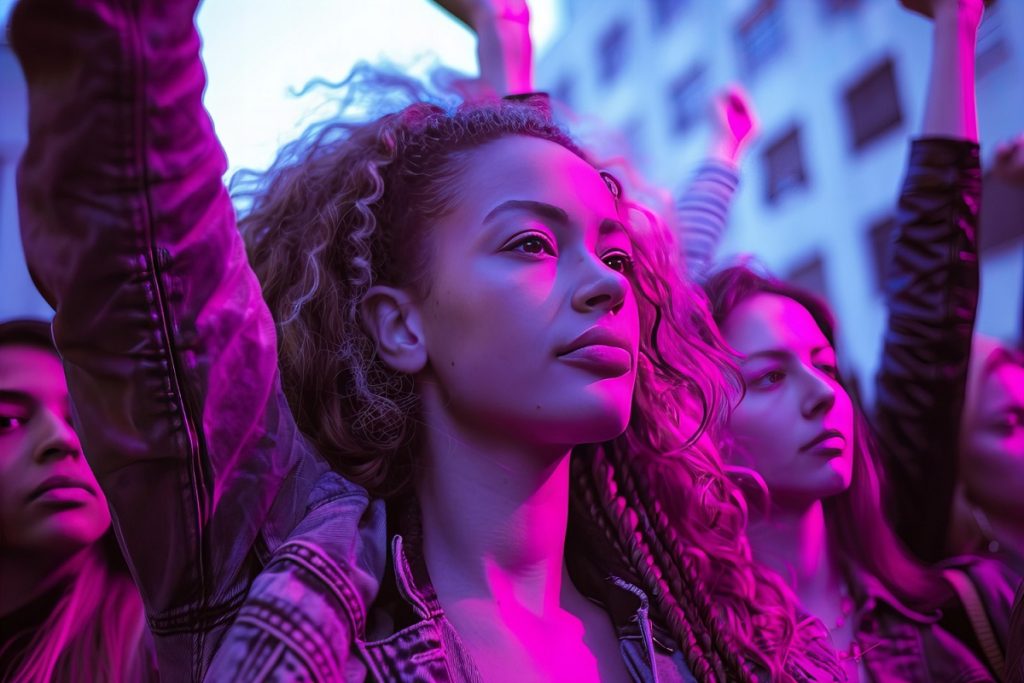Throughout history, music has not only entertained but also acted as a robust agent for social change and resistance. In oppressive societies, where direct expression often encounters severe censorship, music provides a powerful outlet for the populace, offering a form of protest that resonates deeply within cultural, psychological, and emotional dimensions of human life.
The dual nature of music: entertainment and resistance
Music, often perceived merely as a form of entertainment, holds a deeper, more poignant role as a voice for those silenced by oppressive regimes.
This dual role makes music a unique form of cultural expression that influences societal changes by subtly challenging existing power structures.
Historical context and its present-day relevance
Historically, songs have encoded messages of resistance against oppressive rulers or policies, cleverly bypassing censorship.
In modern contexts, musicians like Pussy Riot in Russia and Lapiro de Mbanga in Cameroon have faced imprisonment for their daring critiques of their governments through music.
Psychological impact of music in oppression
Music’s rhythm and melody can provoke emotional responses that are intricately tied to human identity and community solidarity. This emotional response can foster a collective resilience among oppressed populations.
Cathartic release and collective healing
For many people living under repression, music offers a cathartic release, allowing individuals to experience a sense of freedom and temporary escape from hardship.
This psychological relief is crucial, not just for individual mental health, but for maintaining the morale of a broader community.
Societal Influence: music as a tool for memory and identity
In many oppressive societies, cultural memory shaped by music plays a vital role in maintaining a sense of identity and heritage, often under threat of erasure from authoritarian regimes.
Songs as historical narratives
Songs often serve as historical narratives that pass on critical knowledge and values from one generation to another, ensuring that the truths of the past are not forgotten and continue to inspire future resistance.
Music and identity in repressive societies
Music also functions as a powerful marker of identity. In situations where particular languages, dialects, or cultural practices are restricted or banned, music can preserve and affirm a community’s identity.
Preservation through rhythms and rhymes
Even under strict surveillance, oppressed groups have historically used music to express their cultural identity and political hopes, embedding these in the safe harbor of melody and metaphor.
Global solidarity and music
In the global age, music transcends national borders and has become a tool for international solidarity with oppressed populations. Global icons such as Bob Marley have used music to spotlight injustices, reaching a worldwide audience and mobilizing international support for local struggles.
The role of global influences
Artists and genres, once regional, now influence and inspire resistance worldwide, demonstrating music’s unparalleled capacity to unify diverse peoples across global divides.
In conclusion, music’s role in oppressive societies is profound and multifaceted. As both a form of resistance and a vehicle for psychological, cultural, and societal influence, it plays an indispensable part in shaping, resisting, and sometimes even toppling oppressive regimes. By harnessing its emotional resonance and its capacity for coded communication, music remains a formidable force against oppression.
These examples highlight how music not only enriches lives but also empowers voices and bolsters spirits in the face of adversity. It’s a testament to the enduring power of harmonies and lyrics that resonate with human struggles and aspirations for freedom and justice.






